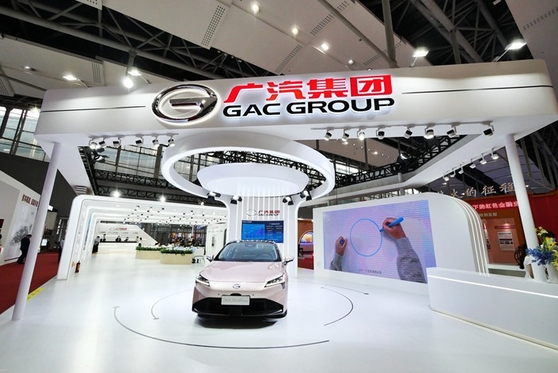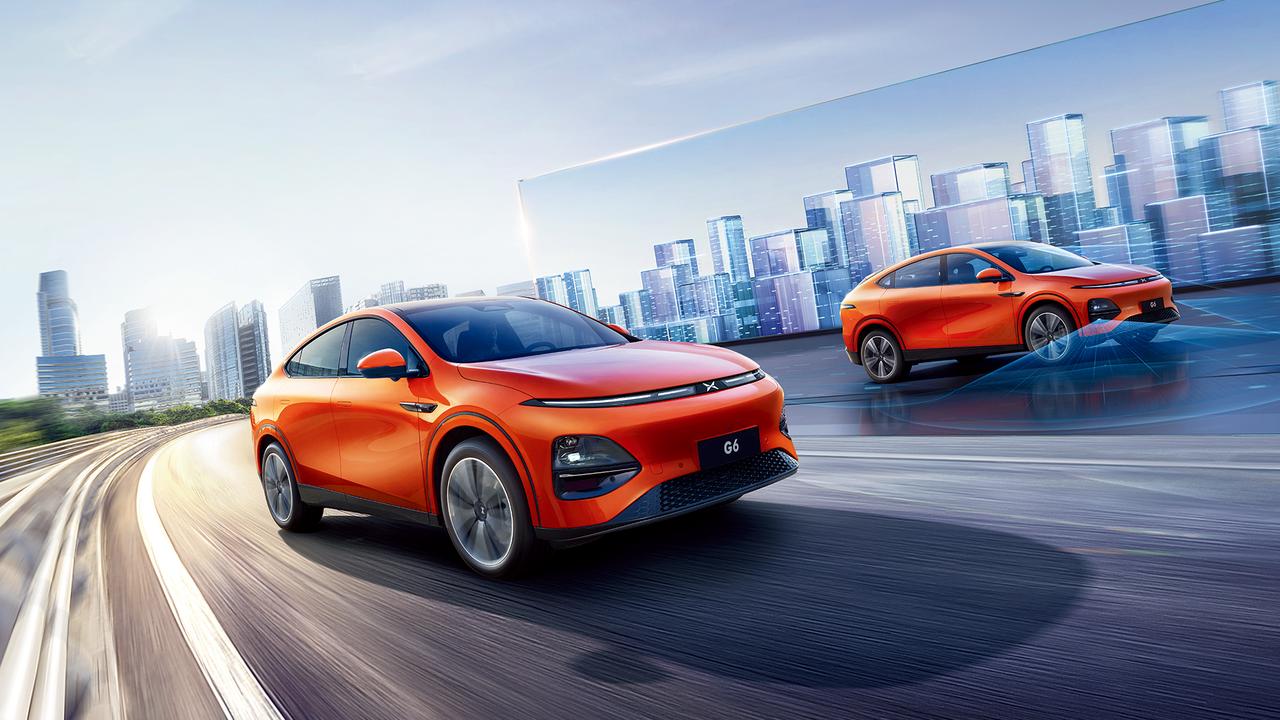- Admin
- Jun 14, 2024
- Buying Guides
- Read: Small Medium Large
European Union Impose Up To 38.1% Tax On China-Made EV
The European Union (E.U.) has taken a significant step in addressing what it perceives as unfair competition in the electric vehicle (EV) market. On June 12, 2024, the E.U. announced that it would impose higher tariffs on Chinese EV imports, citing concerns about subsidies and their impact on European EV producers.
Background
The decision comes after a thorough investigation by the E.U. Commission, which found that the battery electric vehicle value chain in China "benefits from unfair subsidization." The influx of subsidized Chinese imports at artificially low prices posed a "clearly foreseeable and imminent injury" to E.U. industry.
 Q
Q
Tariff Breakdown
1. Battery Electric Vehicle (BEV) Producers Who Did Not Cooperate:
- A hefty 38.1% tariff will be imposed on BEV producers who did not cooperate with the E.U.'s investigation.
2. Carmakers Who Complied but Were Not "Sampled":
- Car manufacturers in China who complied with the investigation but were not "sampled" will face a lower 21% duty.
3. Individual Tariffs Linked to Cooperation:
- The Commission also disclosed individual tariffs based on cooperation levels and the amount of information provided by each company¹.

E.U.'s Stance and China's Response
Valdis Dombrovskis, the E.U. Commissioner for Trade, emphasized that the investigation was based on facts and evidence. Engagements with Chinese authorities and stakeholders are ongoing to find potential solutions¹. However, China's Ministry of Commerce criticized the E.U.'s decision, calling it a "naked protectionist act" that disregards open competition and World Trade Organization rules¹.
Implications
The move aims to bolster the E.U.'s EV supply chain and promote the production of affordable, locally-made electric cars. While the duties are currently provisional, they will be introduced from July 4 if talks with Chinese authorities do not yield a resolution. Definitive measures will follow within four months of the provisional duties' imposition¹.
In summary, the E.U.'s decision reflects its commitment to fair competition and protecting its domestic EV industry. However, it also highlights the complexities of global trade relations in the rapidly evolving electric mobility sector.





